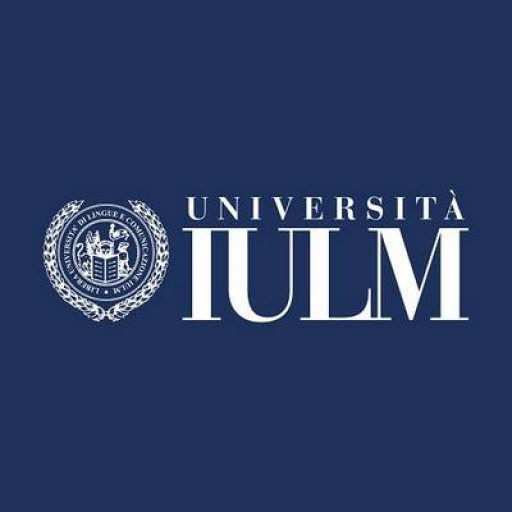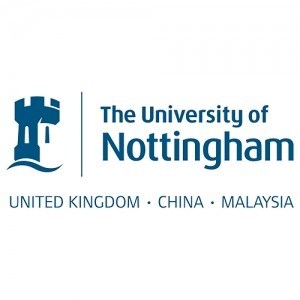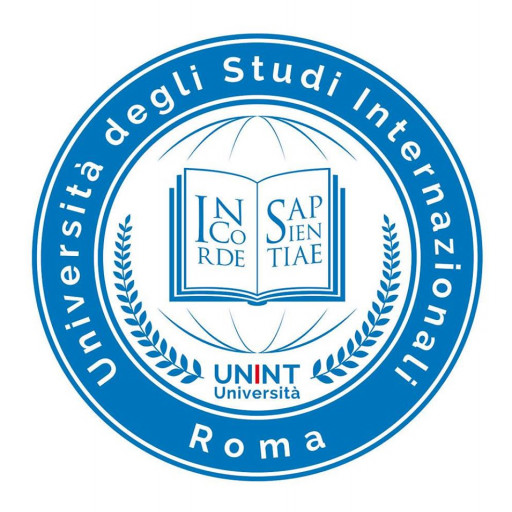Photos of university / #uniofsurrey
The Master of Arts in Interpreting at the University of Surrey offers students an intensive and comprehensive training program designed to develop professional interpreting skills for a multilingual and multicultural context. The programme equips graduates with the necessary expertise to pursue careers as conference interpreters, community interpreters, or in related linguistic roles across various sectors including public services, international organizations, and private enterprises. Throughout the course, students engage with a diverse range of interpreting disciplines such as conference interpreting, liaison interpreting, and community interpreting, enabling them to adapt to different settings and client requirements. The curriculum combines theoretical knowledge with practical skills, emphasizing active listening, note-taking, voice management, and intercultural communication. Students benefit from state-of-the-art interpreting facilities and are mentored by experienced industry professionals, gaining valuable insights into the interpreting profession. The programme also fosters language proficiency in at least two languages, typically including students’ native language and one or more additional languages studied at advanced levels. Emphasis is placed on developing accuracy, clarity, and efficiency under pressure, preparing students to perform in high-stakes environments. Additionally, students learn about the ethical and professional standards expected of interpreters, as well as the legal and institutional frameworks governing the profession. The course includes opportunities for real-time interpreting practice through simulated conferences and live events, ensuring graduates are well-prepared for employment upon completion. Upon graduating with a Master of Arts in Interpreting from Surrey, students will possess a rigorous set of skills and substantive knowledge to excel in the interpreting industry and contribute effectively in global communication.
The Interpreting programme at the University of Surrey offers students a comprehensive training in the skills and knowledge required for a successful career in professional interpreting. Designed to equip students with fluency in at least two languages, the programme emphasizes both linguistic proficiency and practical interpreting techniques. Throughout the course, students develop advanced listening, note-taking, and memory skills, enabling them to interpret accurately and efficiently across a variety of settings, including conferences, diplomatic events, legal proceedings, and healthcare consultations.
The curriculum combines theoretical foundations with practical training sessions, allowing students to gain hands-on experience using state-of-the-art interpreting equipment and simultaneous interpreting booths. Students are encouraged to refine their cultural awareness and contextual understanding of the languages they study, which is vital for effective communication in multilingual environments. The programme also covers specialized fields such as legal, medical, and international organization interpreting, preparing students for diverse professional roles.
In addition to language and interpreting skills, the programme includes modules on ethics, professionalism, and the business aspects of interpreting, ensuring graduates are well-prepared for the demands of the industry. Industry placements, internships, and opportunities to participate in real-world interpreting scenarios are integral parts of the course, providing valuable practical experience and industry connections.
Graduates of the Interpreting programme at Surrey typically pursue careers as conference interpreters, diplomatic interpreters, legal interpreters, or work within international organizations, NGOs, and government agencies. The programme's strengths lie in its combination of academic rigor and practical application, supported by faculty with extensive professional interpreting backgrounds. Students leaving the programme are equipped not only with linguistic expertise but also with the confidence and professionalism needed to succeed in the dynamic world of interpreting.
Entry requirements typically include a minimum of a high school diploma or equivalent, with strong academic records. Applicants are usually expected to demonstrate proficiency in English, often through standardized tests such as IELTS or TOEFL, with a common requirement of IELTS 6.5 overall and no less than 6.0 in any component. A background in languages or related fields can be advantageous but not always mandatory. The programme may prefer applicants who have previous experience or interest in interpreting or translation. Relevant work or voluntary experience in multilingual environments can strengthen an application. Applicants might need to submit a personal statement explaining their motivation to pursue interpreting studies and their language skills. Some programmes require references or recommendations from academic or professional sources. The selection process may include an interview, especially to assess language proficiency, intercultural communication skills, and motivation. For international students, additional visa and residence documentation might be necessary. The University of Surrey aims to admit students with diverse linguistic backgrounds and encourages applicants with multilingual capabilities. Specific requirements can vary depending on the applicant’s country of origin and educational background. The programme also looks for evidence of critical thinking, cultural awareness, and the ability to handle complex information. In summary, prospective students should have strong language skills, academic preparedness, relevant experience or interest in interpreting, and the ability to engage effectively with multiple cultures and contexts.
The University of Surrey offers a range of financing options to support students enrolled in its interpreting programs. Prospective students are encouraged to explore various funding avenues to help manage their tuition fees and living expenses throughout their studies. Tuition fees vary depending on the specific course and whether students are classified as home or international students. For home students, the university provides information on undergraduate and postgraduate fee structures, with potential additional costs for supplementary materials and equipment necessary for interpreting practice. International students should anticipate different fee levels, which are also detailed on the university's official website.
Financial support may include tuition fee loans, available through the UK government for eligible students, which can cover the full or part of the cost of tuition. Postgraduate students can also consider researching scholarships and bursaries offered by the university, some of which are specifically aimed at students pursuing interpreting or language-based degrees. These scholarships might be awarded based on academic merit, financial need, or specific criteria such as nationality or career interests.
In addition to scholarships, students are encouraged to explore external funding options, including government grants, private scholarships, and loans from financial institutions. The university also provides guidance on part-time employment opportunities available on campus or in the surrounding area, which can help students supplement their income during their studies.
International students may need to consider additional costs such as student visas, health insurance, and accommodation, and the university offers advice on financial planning and managing living costs. It is recommended that all students create a detailed budget plan before commencing their studies to ensure they can meet all financial obligations without undue stress.
The university's financial aid office provides personalized support and advice, helping students identify suitable funding sources and complete application processes for scholarships, grants, and loans. Students are urged to apply early for any financial support opportunities to maximize their chances of securing funding. Overall, the University of Surrey strives to make interpreting programs accessible and affordable through a variety of financial support options designed to assist students in achieving their academic and career goals in the field of interpreting and translation.
Interpreting is a dynamic and vital profession that facilitates effective communication across language barriers, allowing individuals and organizations to connect, collaborate, and understand one another in a diverse range of settings. The University of Surrey offers a comprehensive Interpreting program designed to equip students with the advanced linguistic skills, cultural awareness, and practical competencies needed to succeed in this demanding field. The program combines theoretical coursework with practical training, enabling students to hone their interpreting skills in simulated and real-world situations. It covers both consecutive and simultaneous interpreting techniques, training students to handle live conferences, diplomatic negotiations, legal proceedings, medical consultations, and various business interactions. The curriculum emphasizes language proficiency, ethical considerations, confidentiality, and professional conduct, all essential for a successful interpreting career. Students also have the opportunity to specialize in certain areas, such as legal, medical, or conference interpreting, depending on their interests and career aspirations. The program leverages state-of-the-art interpreting labs and simulation environments to provide hands-on experience using professional interpreting equipment. Students are encouraged to develop their cultural competency so they can navigate complex intercultural exchanges effectively. The faculty comprises experienced interpreters and linguists who bring real-world insights into the classroom, enriching the learning experience. Upon graduation, students are well-prepared for employment as conference interpreters, freelance linguists, multilingual communication specialists, or roles in international organizations and governmental agencies. The program’s strong links with industry partners and professional bodies offer networking opportunities, internships, and pathways to accredited certifications, enhancing employability prospects. The University of Surrey's interprofessional environment and supportive academic community foster the development of lifelong skills in communication, problem-solving, and intercultural understanding, essential traits in today’s globalized world.







